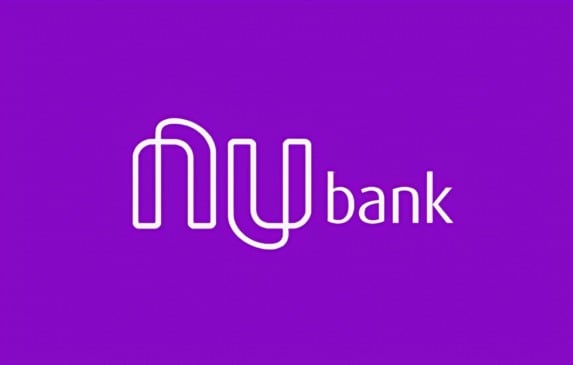As online entertainment continues to expand rapidly, platforms are increasingly prioritizing user safety and well-being. In particular, the concept of responsible play has become a central focus for companies operating in the social gaming and digital entertainment sectors. Understanding what responsible play means — and how platforms are integrating it — can help users make informed choices about how they engage with online games and activities.
One growing area where responsible play is emphasized is within social casinos. Platforms like High Roller offer players a vibrant, engaging social gaming experience without the involvement of real money. By focusing on play-for-fun models, these platforms ensure that entertainment stays light-hearted, removing the financial pressures often associated with traditional online gaming.
What Is Responsible Play?
Responsible play refers to practices and tools that help users maintain control over their gaming experience. It promotes a healthy balance between entertainment and real-life responsibilities, ensuring that digital activities do not negatively affect personal well-being.
Key elements of responsible play include:
- Setting Play Limits: Encouraging players to set time or coin limits before they start playing.
- Providing Access to Support Resources: Offering information and links to external support organizations for players who need help managing their play habits.
- Transparent Communication: Making sure that the nature of the games — such as prize structures and win odds — are clear and easily accessible.
By incorporating these strategies, online entertainment platforms create safer spaces where users can enjoy themselves without unintended consequences.
The Importance of Transparency
Transparency is a cornerstone of responsible play initiatives. Platforms are increasingly clear about the nature of their games, prize structures, and the overall odds of winning. This open communication helps players form realistic expectations about the experience.
For instance, social casinos typically highlight that no real-money prizes are involved, framing gameplay purely as entertainment. This clarity reduces the risks associated with misunderstanding the platform’s purpose and keeps the gaming experience enjoyable for everyone.
Tools and Features That Support Safe Entertainment
Leading online platforms now integrate a variety of tools designed to promote responsible play, such as:
1. Self-Exclusion Options
Players who feel they need a break can use self-exclusion features to temporarily or permanently suspend their accounts. This tool empowers users to take control of their play habits.
2. Play Time Reminders
Automated reminders that notify players of how long they have been playing help users maintain awareness of their time investment.
3. Coin Purchase Limits
For platforms that offer the ability to acquire virtual coins, setting limits helps prevent excessive coin usage and maintains the fun, casual nature of the games.
4. Educational Content
Some entertainment platforms now provide educational materials about responsible play directly within the app or website. These resources offer guidance on healthy gaming behaviors and tips for keeping entertainment in balance with everyday life.
Industry Standards and Best Practices
Recognizing the broader societal impacts of online gaming, many organizations are now working to establish best practices around responsible play. Institutions like Harvard Medical School’s Division on Addiction conduct research and provide frameworks that inform how online entertainment platforms can design safer, healthier experiences.
Following such standards, platforms ensure they not only meet user expectations but also contribute to the long-term sustainability of the digital entertainment industry.
Why Responsible Play Matters for the Future
As online entertainment continues to evolve, responsible play will remain a critical part of the conversation. It ensures that platforms prioritize user well-being over short-term engagement metrics. For social casinos and other digital entertainment services, promoting safe and transparent practices builds trust with users and strengthens the overall reputation of the industry.
By choosing platforms that emphasize responsible play, users can enjoy vibrant digital communities, fun social gaming experiences, and a safer, more mindful approach to online entertainment.







